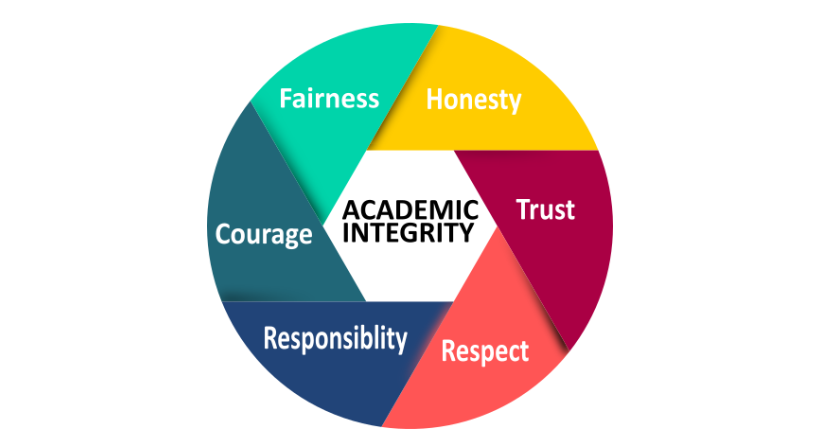Do you have questions about how issues of academic integrity are addressed at Capilano University?
Capilano University describes the standards of academic integrity as including, but not limited to:
- Independently producing work submitted under your own name;
- Properly and appropriately documenting all work
- Identifying all collaborators in work;
- Completing examinations without giving or receiving assistance unless assistance is required due to documented accommodation;
- Respecting the integrity of examination materials and/or the examination process.
(Capilano University, S2017-05 Academic Integrity Policy)
Per the S2017-05 Academic Integrity Policy, at a minimum, the instructor is required to do the following:
- Include in all course syllabi/outlines a statement pertaining to the importance of academic integrity, and a reference to the Academic Integrity Policy and Procedures for violations to this policy;
- Review these course syllabi/outlines statements with students at the beginning of each term and outline expectations for demonstrating academic integrity in the course and within the specific academic discipline;
- Provide students with information about the correct use of acceptable references/citation format(s) within the academic discipline; and,
- Provide students with information about any rules relating to acceptable levels of collaboration on assignments or in any required laboratory, research, or clinical work.
The CTE has created a resource that lays out a three-pronged approach to the challenge:
What steps can you take to make academic integrity infractions less likely to occur in your course?
Detection of an academic integrity infraction can be difficult. What avenues of investigation can you pursue?
If your investigation seems to point towards and infraction, how should you respond?
More questions? Check out this list of Frequently Asked Questions.

Recent Comments